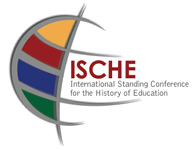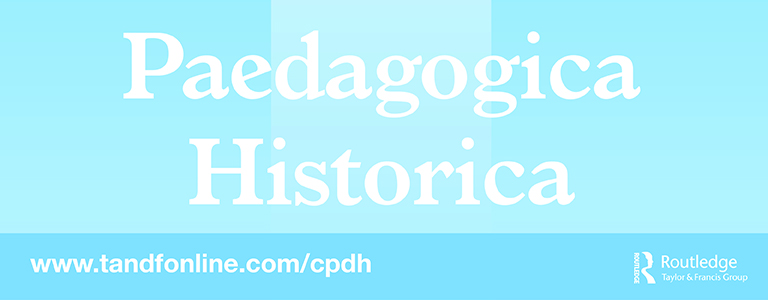STANDING WORKING GROUP “TEACHERS CRITICAL THINKING”
CALL FOR PAPERS
The concept of critical thinking tackled in this standing working group should be understood in a stronger sense that just protests and claims made through the channel of ordinary trade unions and political parties (though unions and parties can sometimes be relays of such a thought). By thought, we understand a kind of discourse that is part of a true intellectual and rational development, giving consistency or even a form of logic system, to arguments and ideas (around operations of conceiving, judging, reasoning) – and not just opinions, even coming from particular individuals or groups. In coordination with this definition, “critical” refers to the tendency of a mind that does not allow any statement without having experienced the rational legitimacy, testing various discursive proposal with discriminant reason (the Greek verb crinein, from which come the verb ‘criticize‘ and the noun ‘crisis‘, meaning originally to sort). The construction of the distance and externality, provided they comply with the requirements of rational argument, is thus the foundation of critical thought, in the sense meant by Theodor Adorno: “When the culture is accepted in its entirety, it has lost the ferment of its truth, which is negation” (Adorno, 1955, 1986).
Although it does not have a monopoly (a reactionary and undemocratic critical thinking can be envisaged), it is nevertheless in a movement that can be designated as ‘progressive’ (with its variants) that critical thinking is traditionally located in the 20th century; it is precisely this progressive perspective that this standing working group will take into account, which in educational matters induces material possibilities of alternatives claimed as democratic, more or less related to emancipation.
Critical thinking in the teaching world will be considered in several senses: -thinking from teachers and/or educationalists as unique individuals; -thinking coming from teachers organizations, networks, think thanks or groups operating as “collective intellectual” (Bourdieu, 2001); -thinking from outside personalities influencing the world of teachers in one way or another; -educational thought in a more generic sense, impacting the teaching practice. It will consider original examples of critical thinking, justified along the previous guidelines, or at least revisited at an original angle[1].
Globally it’s according to the previous orientations we are expecting papers. The general stake is thinking school differently, and introducing some effective experiments or plausible perspectives of educational change in the educational systems themselves or in the school design.
Abstracts must be sent to ISCHE organizers (see the website) and André ROBERT:
[1] NB: The “classics” of the new Education are not privileged here, having been until this day widely marked out by the scientific research. However they can be examined under an original angle.

